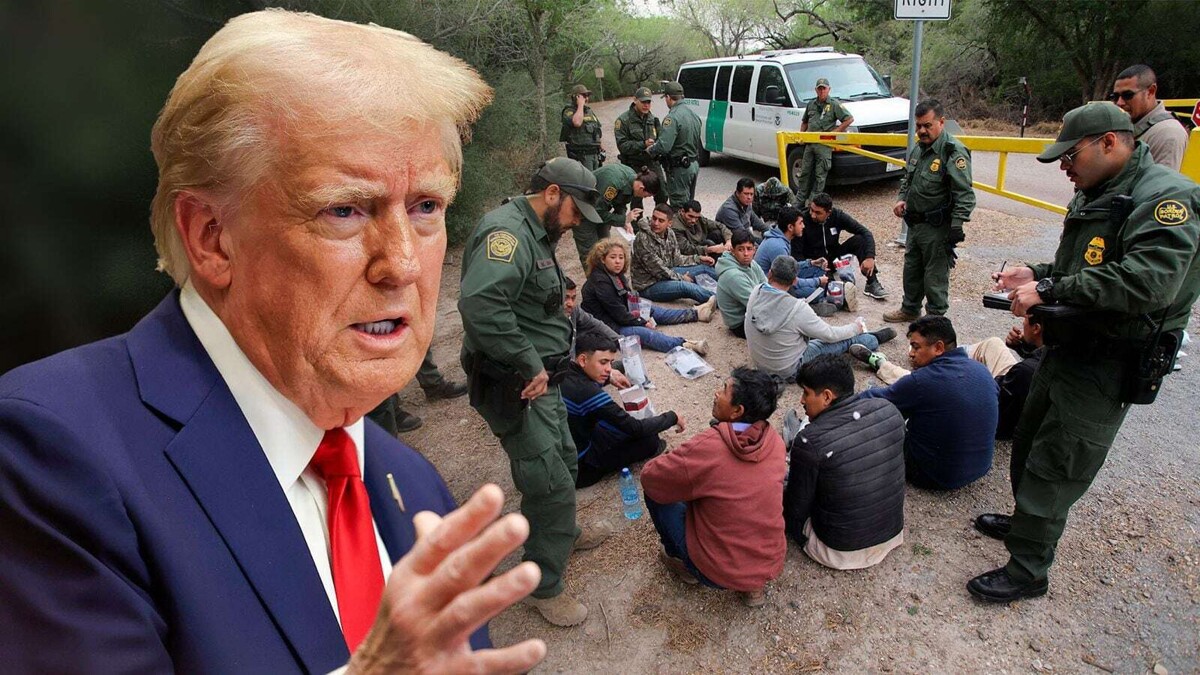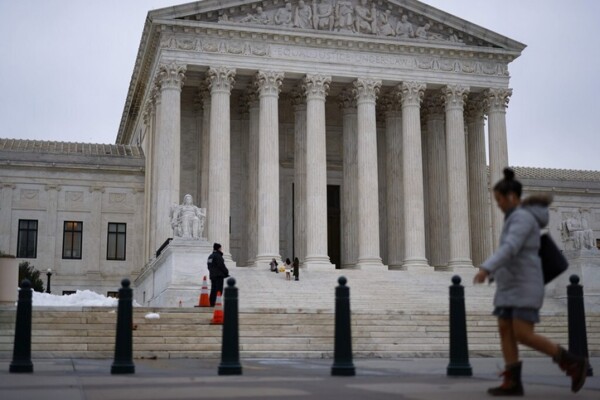
Undocumented people will live in fear, with good reason, but they should not think it is likely that they will be found and deported," highlighted Salee. Salee points out that the Barack Obama administration was one of the ones that made the most migrant arrests, with 2 million 858 thousand 980 people; however, it is expected that Donald Trump will exceed this number.
The return of Donald Trump terrifies those who do not know Mexico. For the past 9 years, María has lived in Chicago, Illinois, so she has already experienced Trump’s first administration and knows what it is like to live with the threat of massive deportations from the U.S. president. "What Trump is provoking is psychological terror.
"They do not yet have the capacity to reach large numbers of deportations, they will not be able to find many people, although they will catch a hundred in one go," says Andrew Salee, president of the Migration Policy Institute in Washington D.C. Salee warns that Trump's statements should not be underestimated.
Regarding the capacity to deport millions of migrants, Salee highlights that it is unlikely that the United States can carry out a massive deportation of all undocumented migrants. However, he warns that Trump’s actions on immigration should be taken seriously.
María, a 64-year-old Mexican who works in a factory in Chicago, points out that the vast majority of migrant workers in her environment do not have work permits and are asking employers for help to avoid being deported. "Where I work, only two people have documents, all the others are Hispanics," she explains.
The most vulnerable moments for migrants are any contact with law enforcement authorities and hearings in immigration courts, according to Salee. He also highlights that presenting a social security number can represent a danger for those who work formally.
After Trump's inauguration, some undocumented people have chosen to leave the country and others have decided to speak in English to avoid being identified by the Border Patrol. Salee urges maintaining calm and preparation for possible scenarios.
Despite Trump's order to begin massive deportations, reports indicate that the first major operation would be in the metropolitan area of Chicago, generating urgency among migrants. Uncertainty has led many people to stay home.
Trump's plans involve ICE focusing on individuals with criminal backgrounds or risks to national security. Meanwhile, migrants are asking their employers for help in light of Trump's return to power in the United States. Concerns within the migrant community continue to rise.














